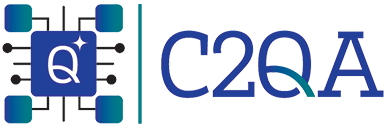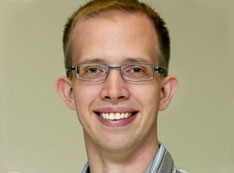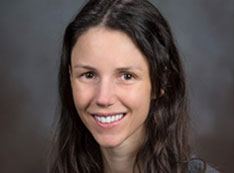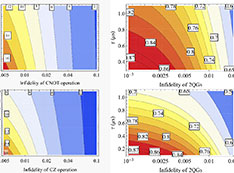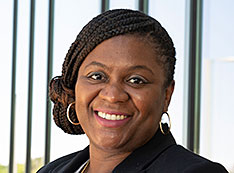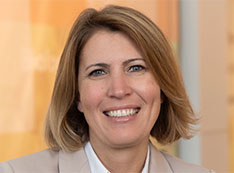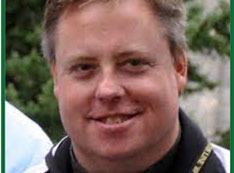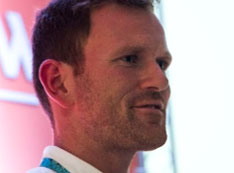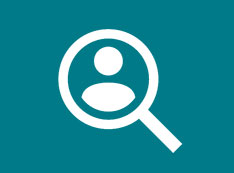Member Spotlight – David Biersach
March 16, 2022
Progress/Achievement in QIS Ecosystem Stewardship
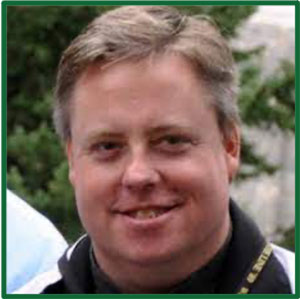
David Biersach
Designer and technology architect David Biersach, from Brookhaven National Laboratory, developed and delivered the inaugural four-week virtual quantum computing summer school program in 2021. The courses consisted of lectures and hands-on programming projects for twenty-eight undergraduate students and will follow a similar format again in 2022. Dave has extended the course to offer even more hands-on programming labs that further build fundamental skills in quantum computing. The impact of this course is resonating with students, as noted in this recent email from a participant last summer:
“It is with great satisfaction (and no small amount of laughter) that I share that your “impress me” problem from the first week [of C2QA Quantum Computing Summer School, 2021] now graces the whiteboards of Georgia Tech dorm lounges as well as statics classrooms alike.”
— Heather L. Beers, C2QA Summer School, 2021 Participant
Dave, what inspired you to voluntarily start this summer school, considering this task is entirely outside of your day job?
For the past seven years, I have developed courses in classical scientific computing for students and educators from a high school level to graduate school. There is not enough emphasis on solving real-world science problems using novel computing approaches within the standard curriculum. It is challenging to find the proper balance between mathematical complexity, knowledge of quantum mechanics, and Python coding techniques. The optimal path for helping students build fundamental quantum programming skills is unclear, so there is much room to innovate as educators. My goal is to avoid relying upon abstract metaphors and instead show students how to write correct quantum code that produces a result they genuinely understand.
What interests you about quantum computing?
I find the stark differences between classical and quantum computing most interesting. Incorporating reversibility, indeterminacy, and statistical analysis changes how developers engineer quantum algorithms. I am hype adverse and prefer to study the realistic situations where quantum computing offers measurable advantages. There is great joy in helping undergraduates combine diverse skillsets to analyze classic science problems using modern quantum computers.
2022-19505 | INT/EXT | Newsroom
